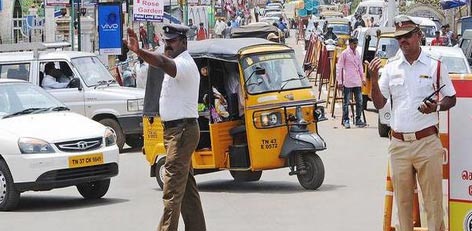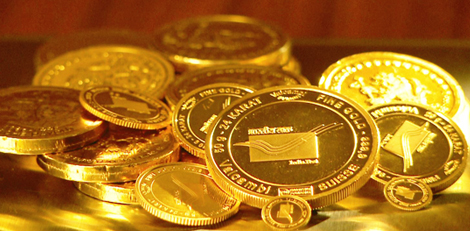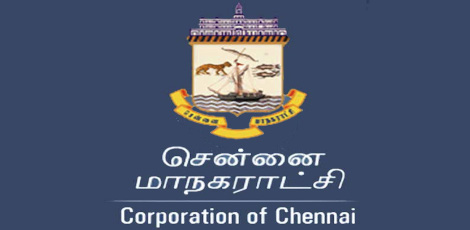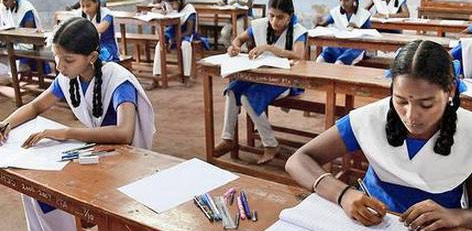Beware!! Chennai police are alerting residents about the new phishing scam now!!
Posted on: 01/Sep/2023 9:13:46 AM
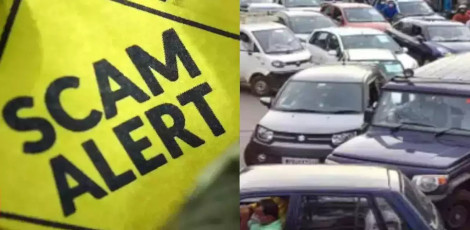
The Chennai traffic police have been generating challans and issuing them to those who have been violating the traffic rules. Many fraudsters now are using this to their advantage and cheating the public. It must be taken into account that fake e-challan messages with malicious links are being sent to the public who have violated the traffic rules.
Point to be noted is that the official website `echallan.parivahan.gov.in` would direct the users to the govt site whereas the fake messages would appear as https://echallan.parivahan. in/
The bitter fact is that once when the potential victim clicks the fake link then his or her bank account would be accessed remotely and money from the account would be wipe clean by the fraudsters. It was brought out by some police officers that each such message has a different payment link.
How it would work:
The shocking information is that the text message would appear as though it has been sent by the Chennai traffic police and it would inform the victim about the traffic violation committed by the victim. The link would not mention any place but it would just mention the amount of fine that needs to be paid and a link to remit the money. When the person clicks the website, then he or she would be taken to a site that would look just similar to the traffic police website. This website would then ask the personnel and financial based information etc from the user. Point is that in some cases cyber criminals would send some links and when the users click these links then hackers would be allowed to access their mobile phones.
How to differentiate between the original and fake e- challan messages:
It was revealed by the additional commissioner, GCTP, Mr. R. Sudhakar that original or genuine e-challan messages would have vehicle specific details like engine number and chassis numbers etc. Truth is that the fraudsters might use fake phone numbers or email ids. He concluded that an official e-challan alert would never come from a cell phone number. For help, victims could call 1930.


